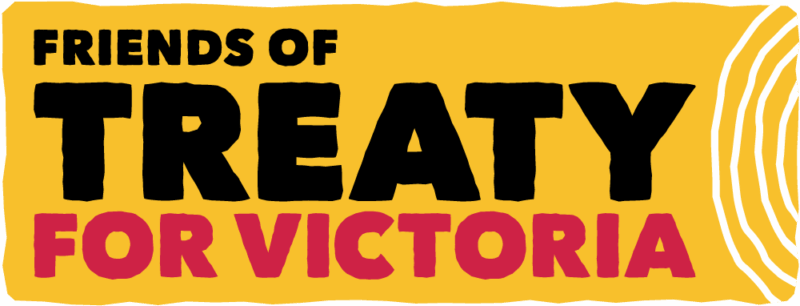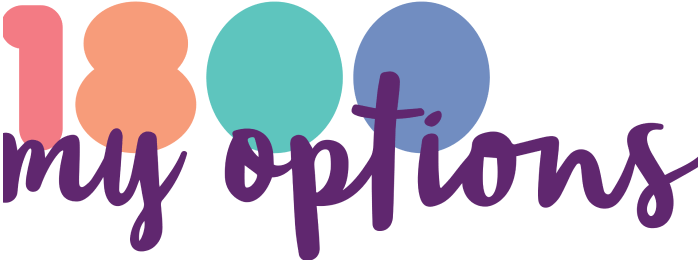Women’s Health Victoria welcomes and supports Treaty in Victoria because First Peoples, like all people, are healthier and happier when they can make decisions about their own lives.
Treaty resets the relationships between First Peoples and the government because Treaty recognises that Aboriginal people are the experts on their own lives, communities, culture and Country. Treaty will mean First Peoples communities can use local knowledge to come up with and implement practical solutions to improve health, wellbeing and happiness.
The world’s longest continuing culture exists right here on the land now known as Australia.
First Nations Australians continue to survive, adapt and stay strong despite the multitude of harms colonisation has inflicted on the people and their Country for more than 230 years.
Nowhere is the result of the harm more evident than in the statistics relating to the health and wellbeing of the First Peoples in Australia, and we cannot keep offering the same health options but expecting a different result. We cannot continue to accept that First Peoples will die younger, and with more chronic and acute health problems during their lives, than other Australians.
One of the reasons for this is that current health systems have evolved within a culture of paternalism and racism which is deeply unsafe and creates an understandable mistrust within Aboriginal communities. These systems have, and in many places continue to, inflict systemic harm on First Peoples – especially those people who have no alternatives for healthcare.
The recent Royal Commission in Victoria – the Yoorrook Justice Commission – tabled its report in the Victorian Parliament in July, including evidence about how health services designed and delivered by Aboriginal people produce significantly better healthcare outcomes for Aboriginal people. It is a fact acknowledged by the Victorian Government, the Royal Australian College of General Practitioners and other healthcare experts.
This is no surprise.
Since the 1970s, when the Victorian Aboriginal Health Service was first established, health services by and for Aboriginal people have continually out-performed other health services when it comes to care for Aboriginal people.
The reason is simple.
The health and wellbeing services they provide are tailored to the local community, their cultural needs and their priorities, and so they work better for everyone. They work to address the nuances of social and cultural determinants of health and they are a model from which other health systems and services can learn.
This week marks 18 years since the United Nations General Assembly adopted the United Nations Declaration on the Rights of Indigenous Peoples (UNDRIP) which recognised the dignity and humanity of Indigenous peoples, and their special place in our world.
We are on the lands of the First Peoples of Australia and we are proud to stand with them in their call for self-determination through truth and treaty.
So, in this week as we acknowledge the anniversary of UNDRIP, we also call on the Victorian Government to accept and implement the recommendations of the Yoorrook Justice Commission, and we affirm our support for Treaty.
Photo by Leroy Miller.





